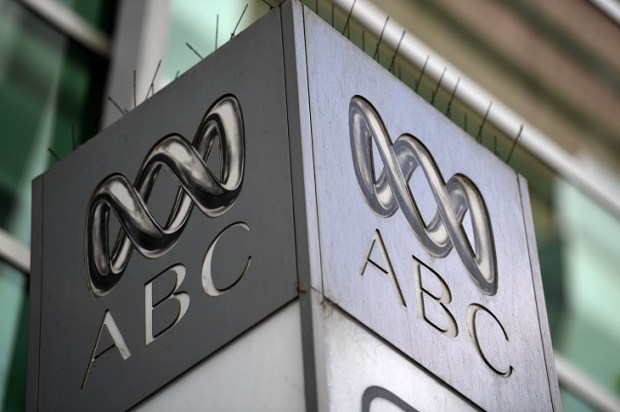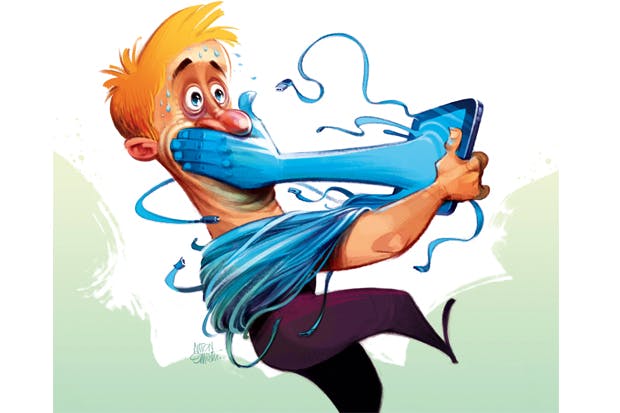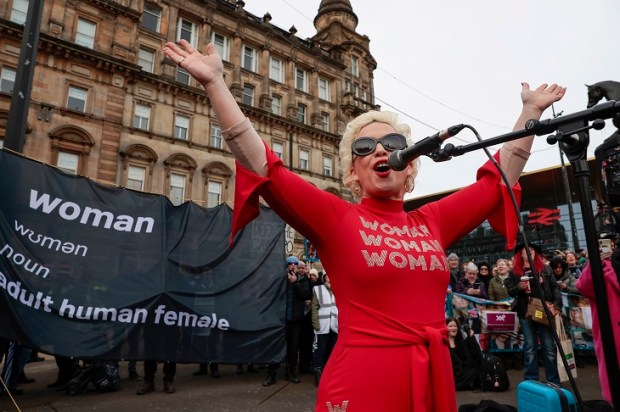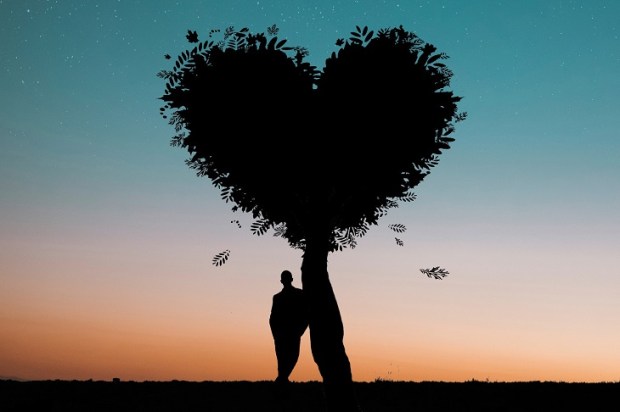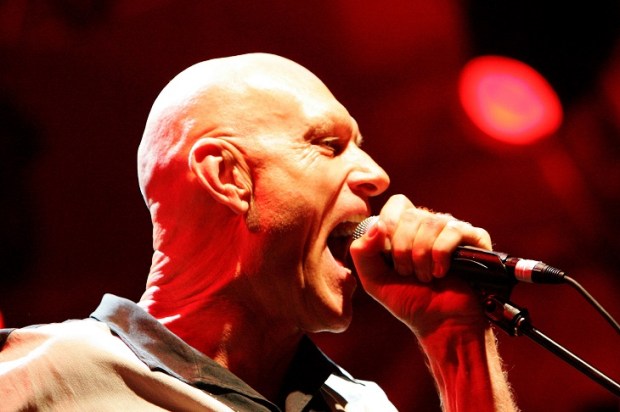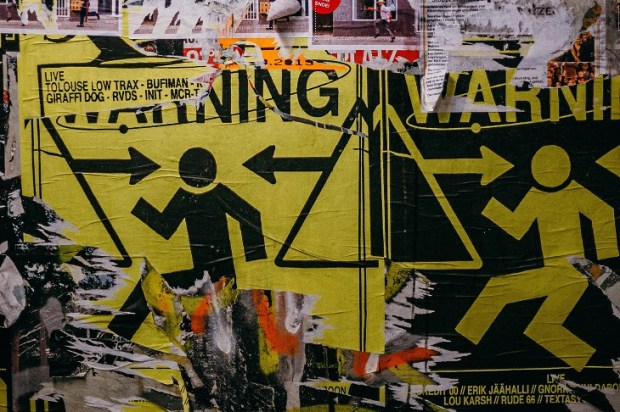After sneering at those that voted ‘yes’ in the Brexit Referendum because ‘people could not have known what they were voting for’, the vagueness of Albanese’s proposed ‘Voice’ to Parliament is a work of the finest hypocrisy.
This time it will be argued that people know exactly what they are voting for (despite a serious lack of detail). The only thing ‘crystal clear’ is that the Voice will be a body enshrined into the Constitution that is anything that the Parliament wants it to be.
What could go wrong?
To be fair, the lack of detail is the point. As the Prime Minister himself has said, referendums where too many details are given tend to fail (like the republic referendum in 1999). In order to avoid a failed referendum, there will be no operative details offered and instead the ‘yes’ vote will rely on ‘appealing to the goodwill of the Australian people’.
But there is a stark difference between the Brexit vote and the Voice vote.
The first is a counter-revolution, reversing the decision to enter the EU (then the EEC) in 1972. The other is a reform that could drastically alter the shape of Australian democracy. For this reason, the latter looks more like the end of the British Civil War than the 2016 Brexit decision.
The basic logic of those firmly in the ‘yes’ camp is that whatever ‘The Voice’ ends up doing, it is going to be better than what came before. They insist that it is time to repent for the sin of colonialism or ‘pay the rent’, as Midnight Oil sang.
You must admire the optimism of people who think this sort of thing will put the history wars to bed (or stop the bed from burning) and we can all move on from what happened in the past. Are we really so sure that is what is going to happen?
For starters, how can anybody be certain that this ostensibly ethereal body will have any concrete effect whatsoever? We are yet to know exactly what ‘The Voice’ will be doing, just as the UK Parliament’s victory in the civil war didn’t give any certainty as to what would follow. The bet at the time was that it would be better than what came before. But bets are very often wrong – as anyone that has been in a casino knows.
More importantly, how can we be sure that it won’t sow more division? If the reason to have it is to heal our divides, can we really be sure won’t empower those that tend to, as Nietzsche wrote ‘rip open the oldest wounds and make themselves bleed to death from scars long-since healed’.
We already see signs that whatever ‘The Voice’ does, it will never be enough until every ancestor of every person that has arrived on Australia’s shores since 1787 has packed up and left.
It is a lesson learned when the reign of Oliver Cromwell didn’t satisfy many of the more radical that fought on the side of the Parliament and eventually led to disquiet amongst the likes of the Levellers and Agitators. The brief period of republicanism in British history was one of the most tyrannical as the Protectorate spent so much of its resources keeping all the dissenters down – both from his former allies and continual enemies.
‘The Voice’ could likewise neither satisfy the more radical who push for greater change and simultaneously harden those already opposed.
Britain eventually reinstated the Stuarts, but the period that Oliver Cromwell reigned left its mark, both for good and ill – just as the Brexit vote might have reversed the entry into the EU, but leaves with all the baggage that the years of membership wrought. Fortunately, for the Brexiteers, a counter-revolution in 2016 only requires showing up to the ballot box.
Likewise, in the future, we may realise that ‘The Voice’ was a revolution that was a mistake. We can only hope that our democracy holds long enough that we can reverse it without bloodshed or strife but through another vote.
What is certain is that this referendum, even with our democracy intact, will be a very messy one. Anyone that objects to this body with limitless potential (and with that limitless potential to go badly wrong) will be accused of the usual slurs and of denying the personhood of Indigenous Australians.
Those in the ‘yes’ camp will claim the mantel of virtue and decency and for a newer and brighter future for Australia. They find themselves joining the throngs of revolutionaries with similar vague hopes that whatever shape their reform would take it would be better than what came before who history has proved very wrong.
One can only hope that the loudest voices in the ‘no’ camp are ones that can prosecute the case with compassion – like the amazing Jacinta Nampijinpa Price. Indigenous Australians experience very real problems that every reasonable person would like to see an end to. There is just no guarantee that ‘The Voice’ will help one iota.
The ‘no’ case is a very easy sell so long as they can show Australians exactly what they are being asked to vote for: a body that may never do any good and potentially may even go badly wrong.
Dara Macdonald is a Sydney based lawyer and founder of All Minus One (allminusone.org.au).


